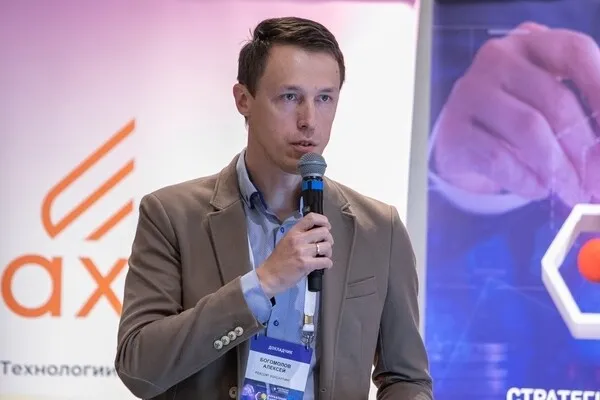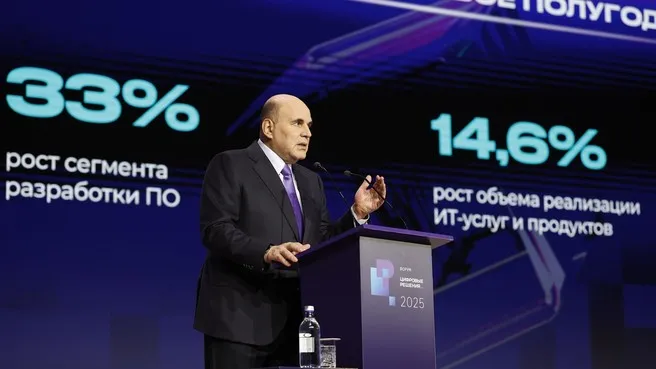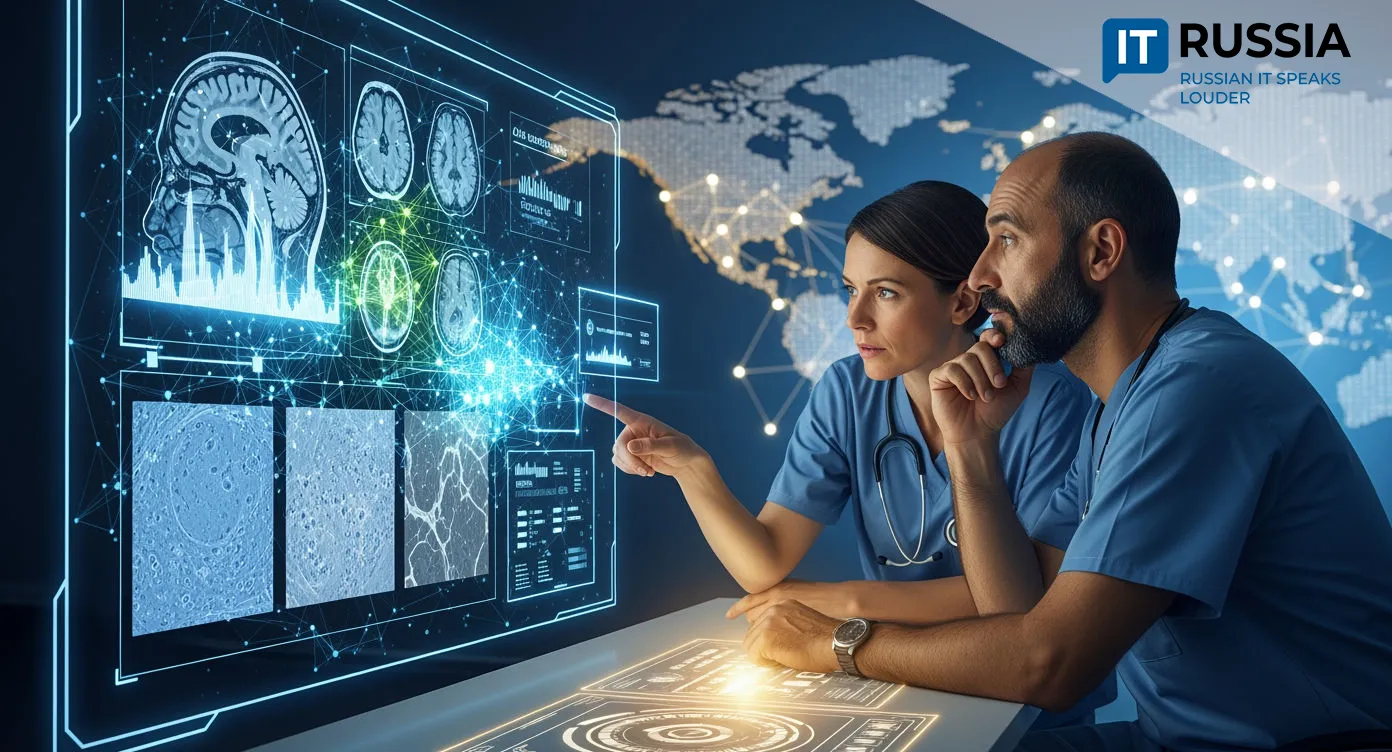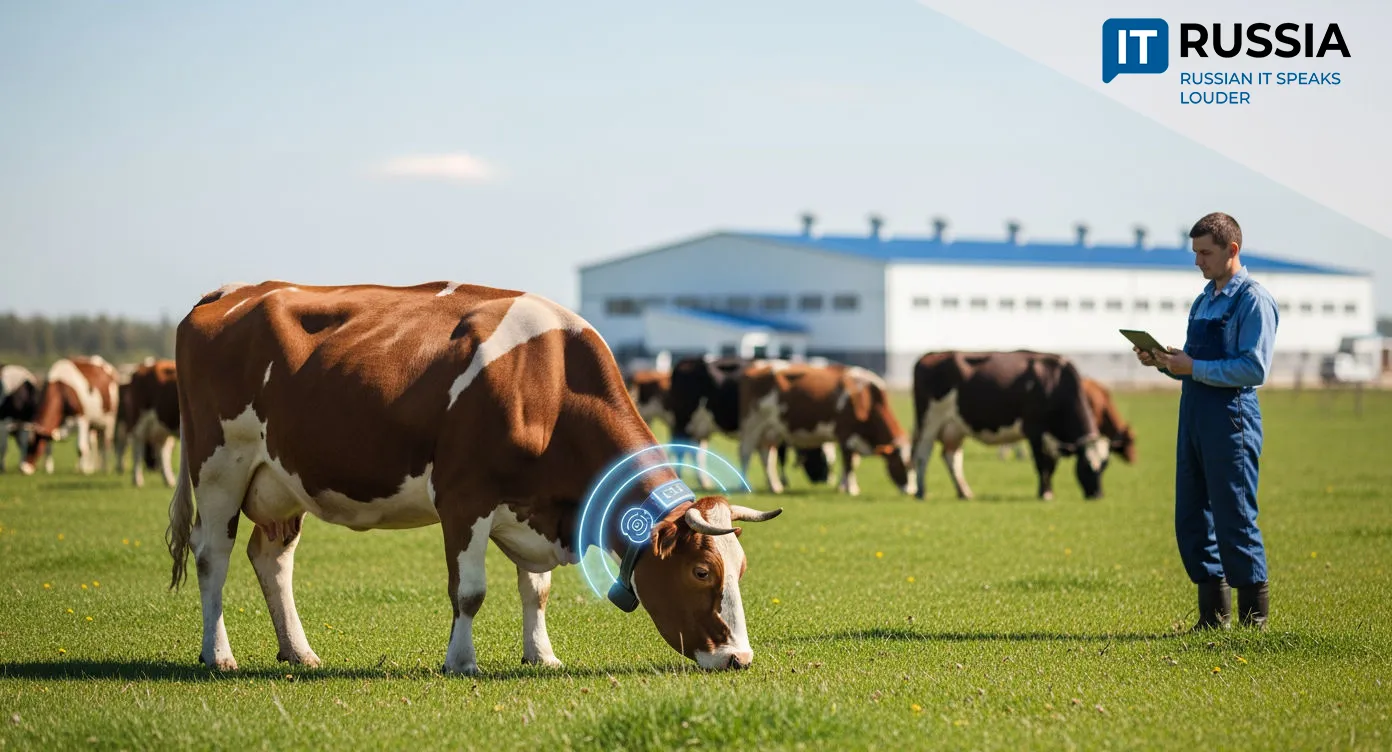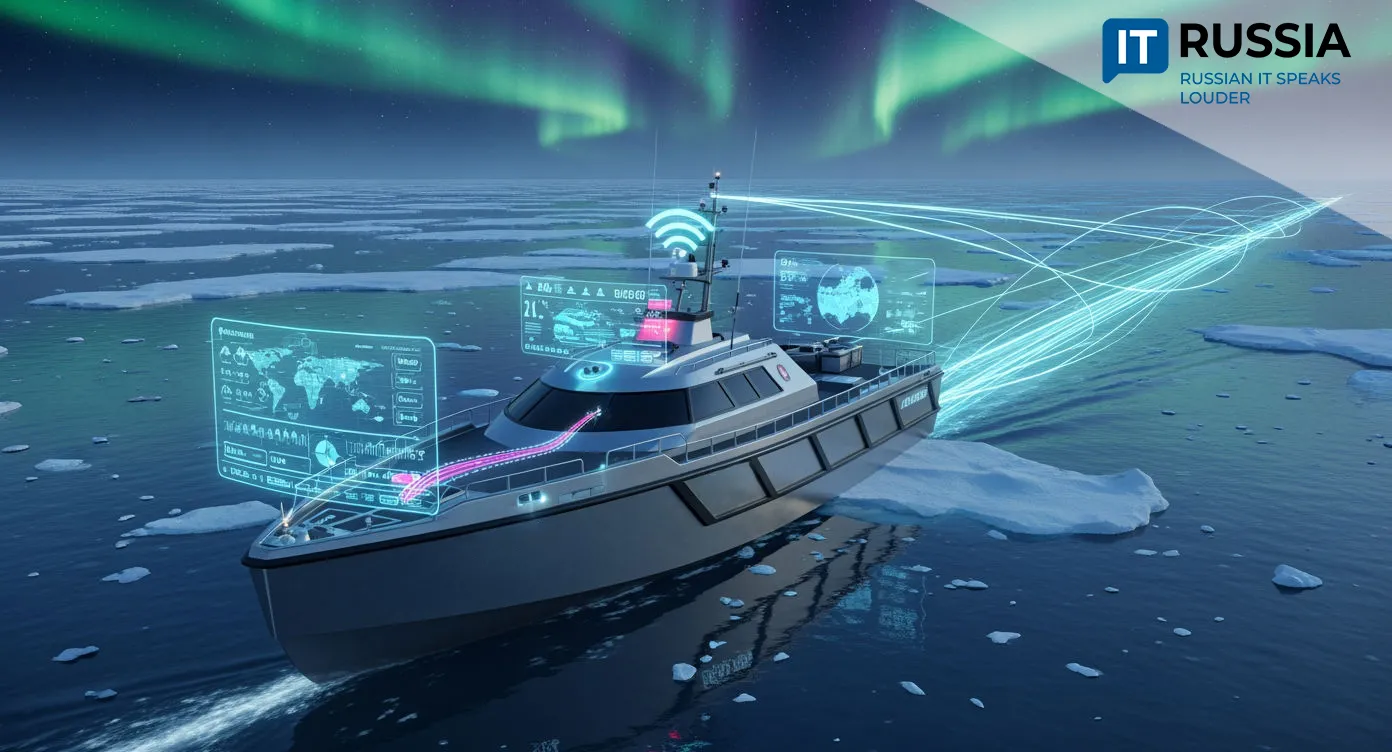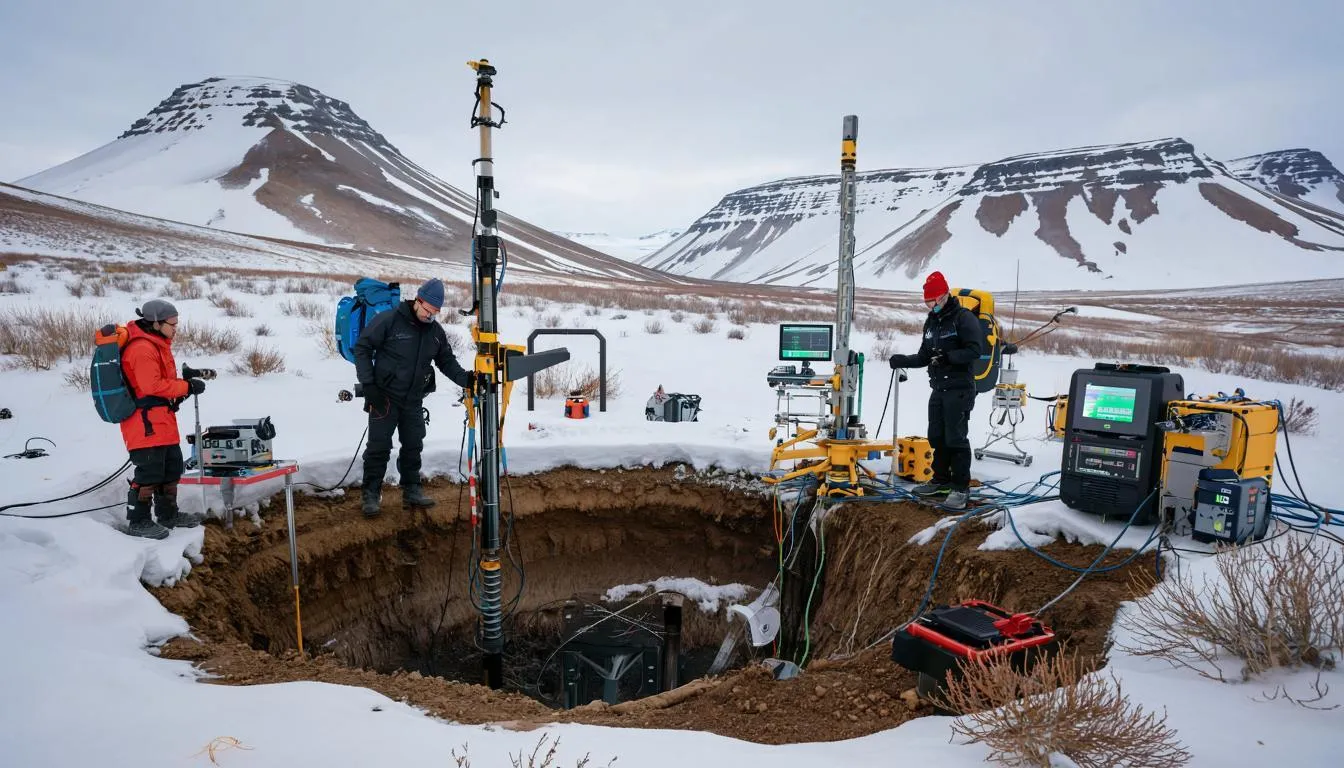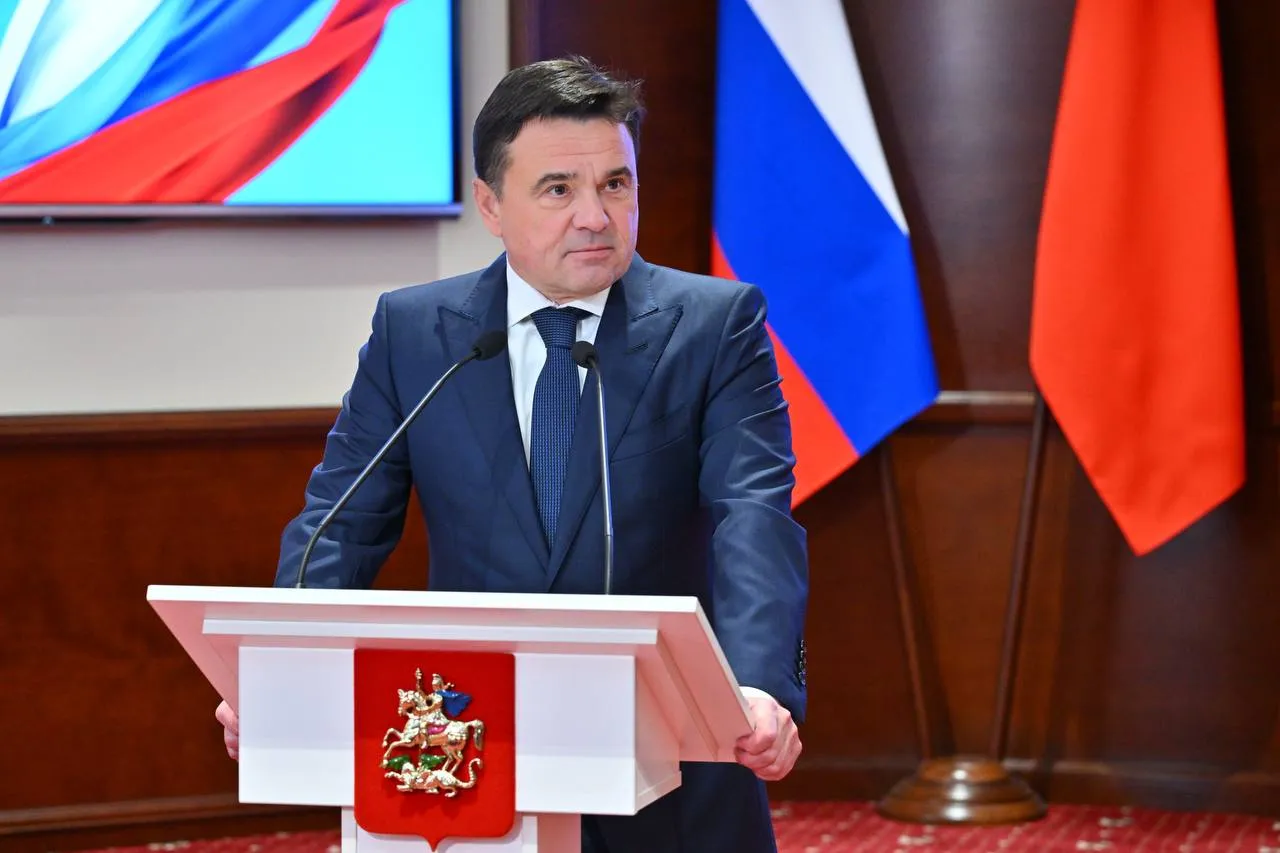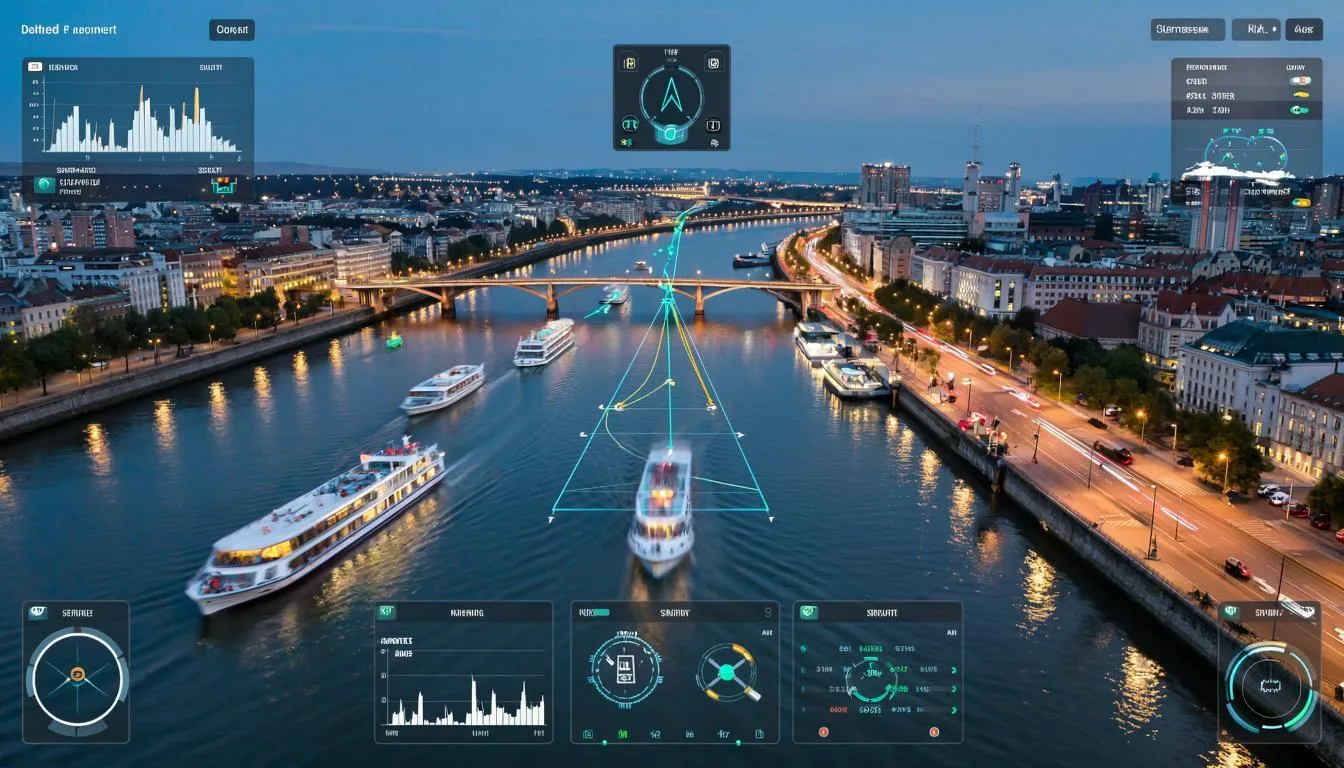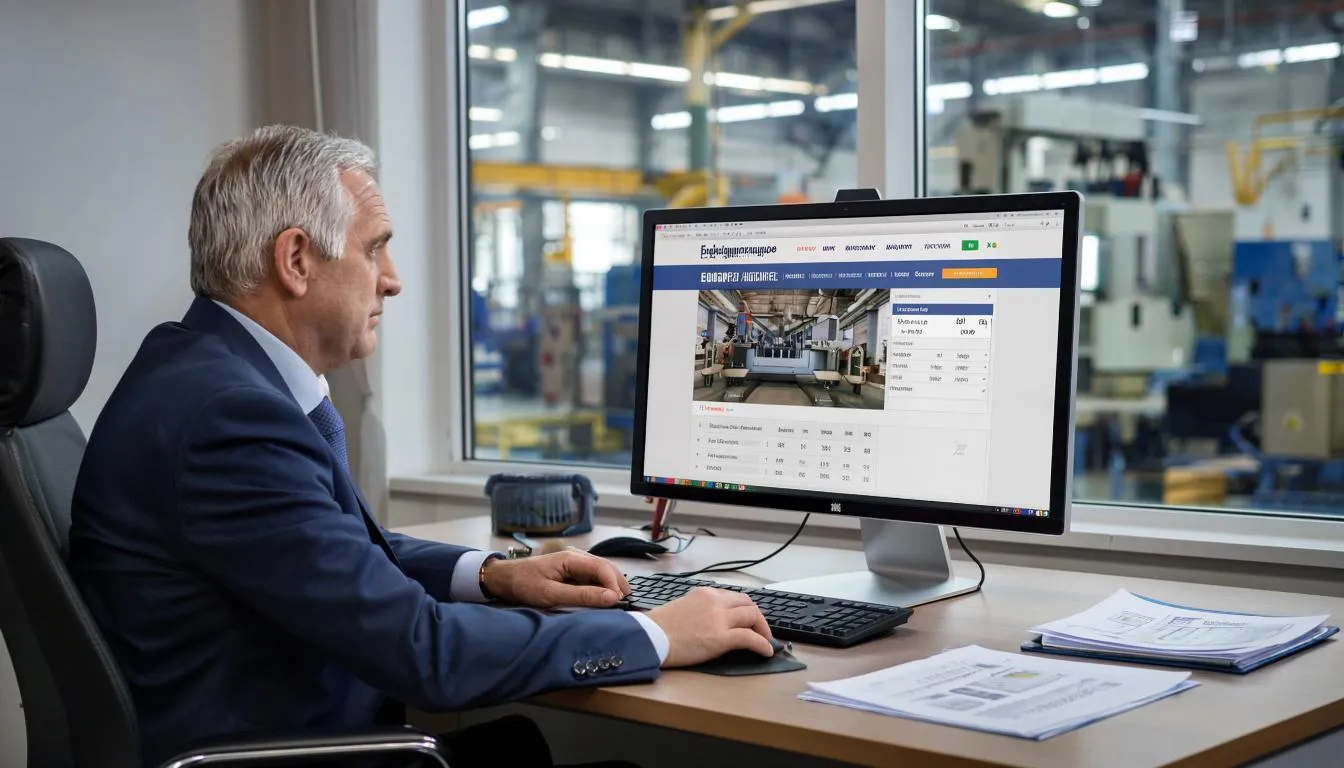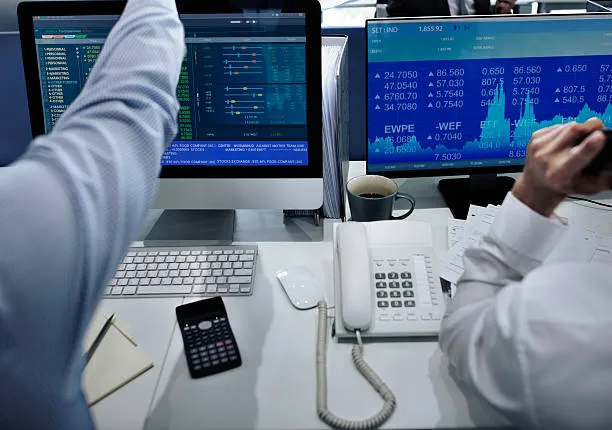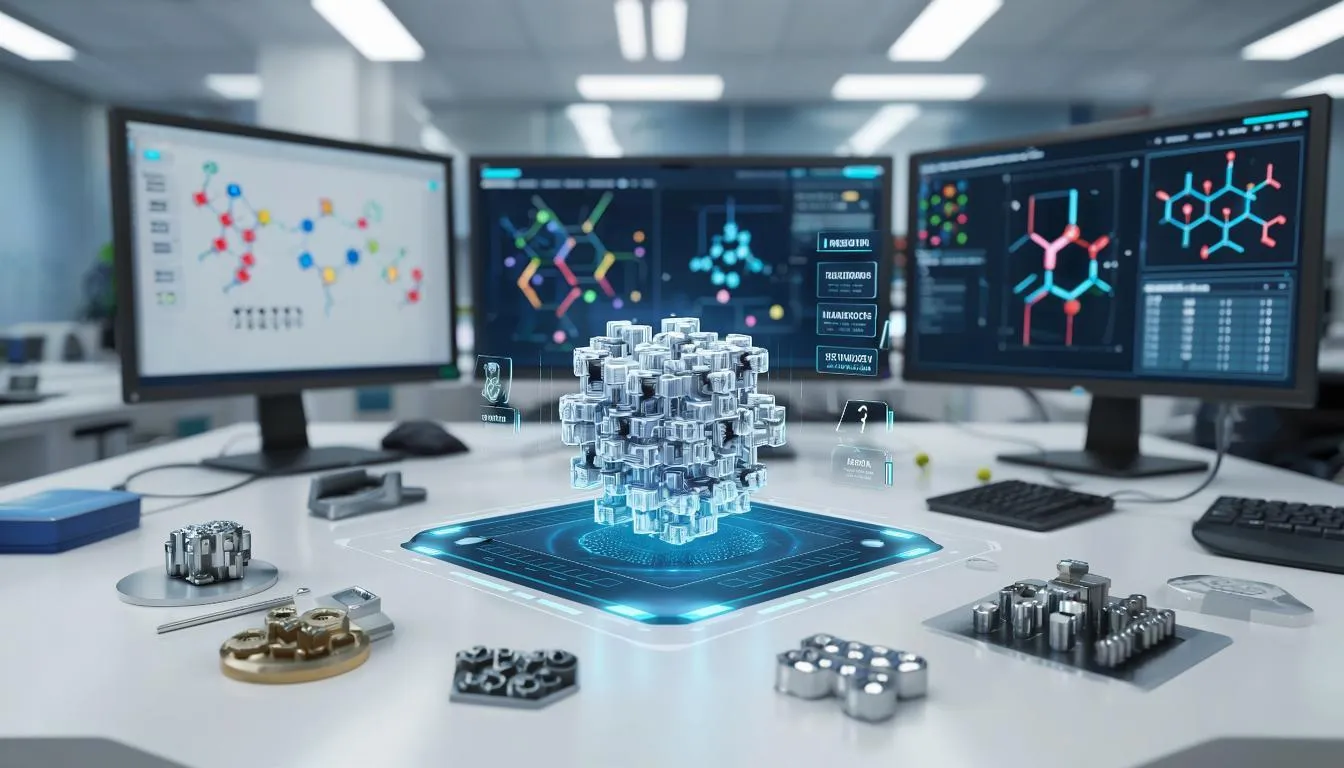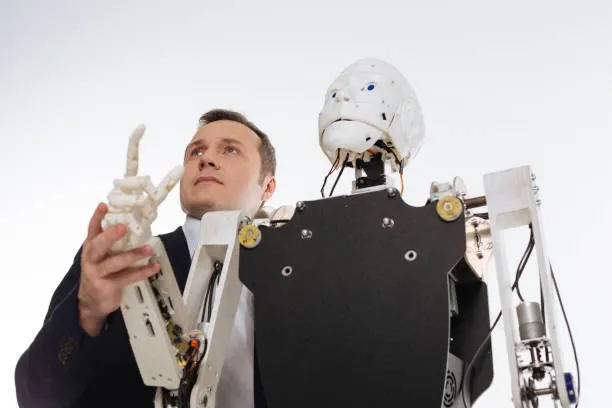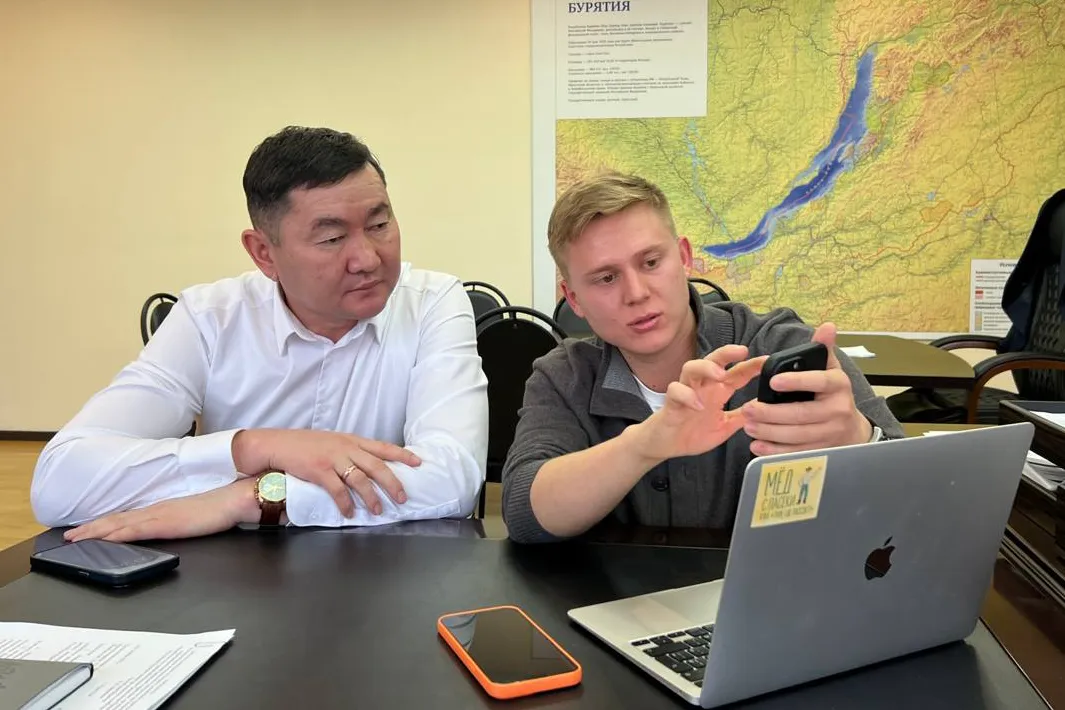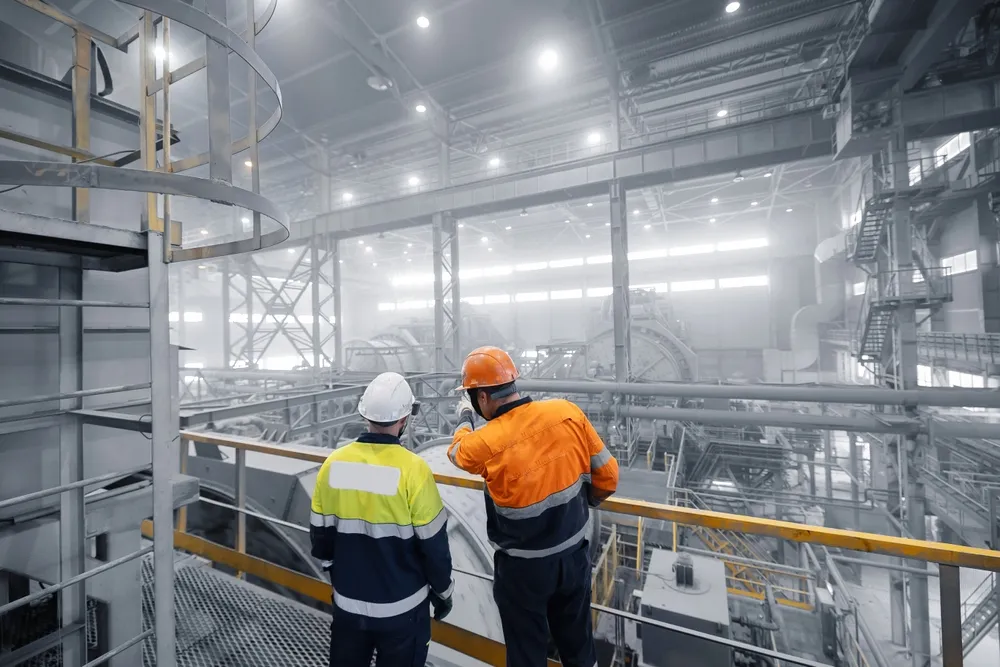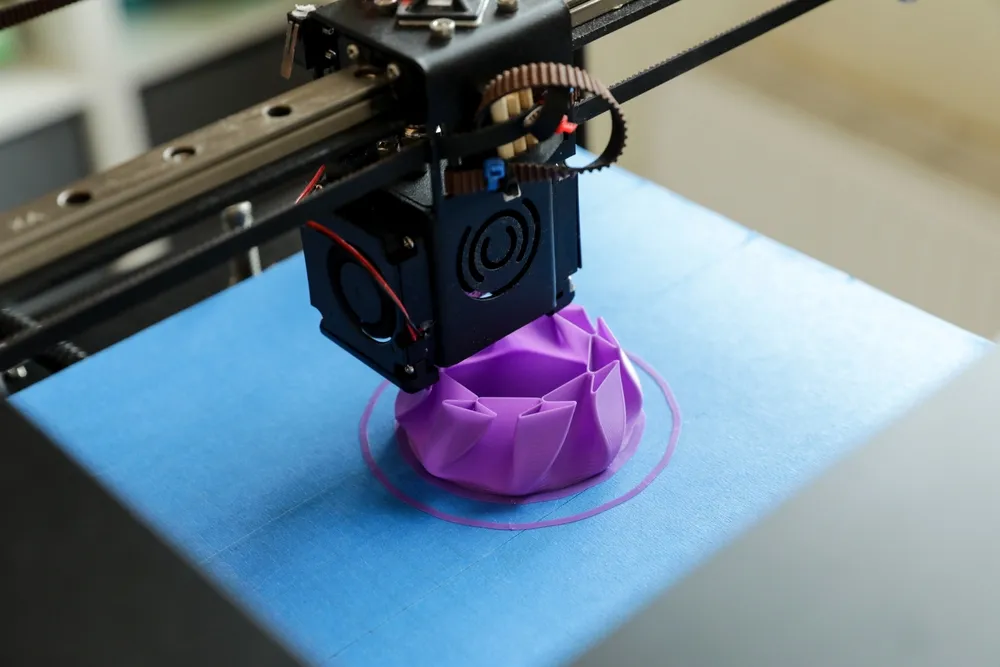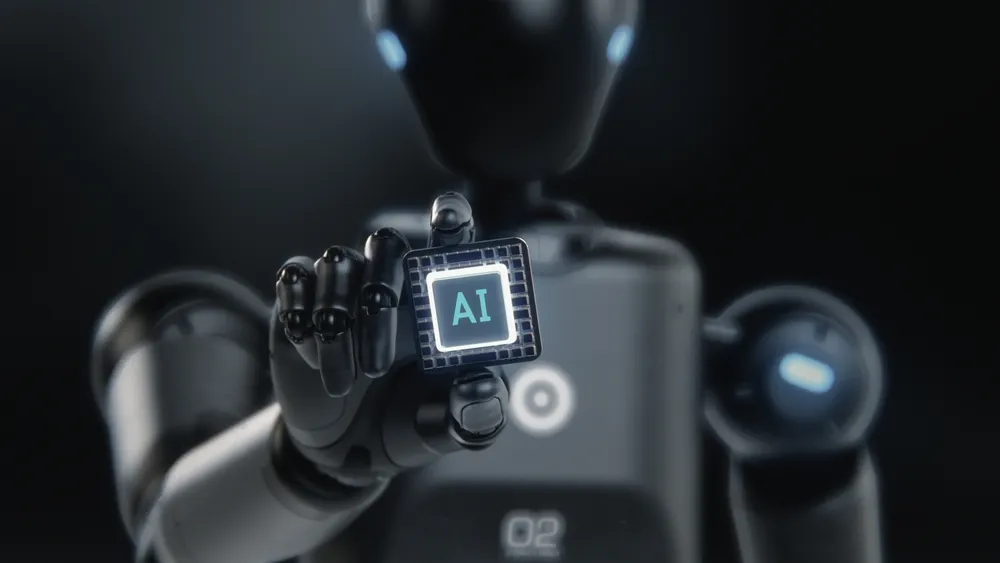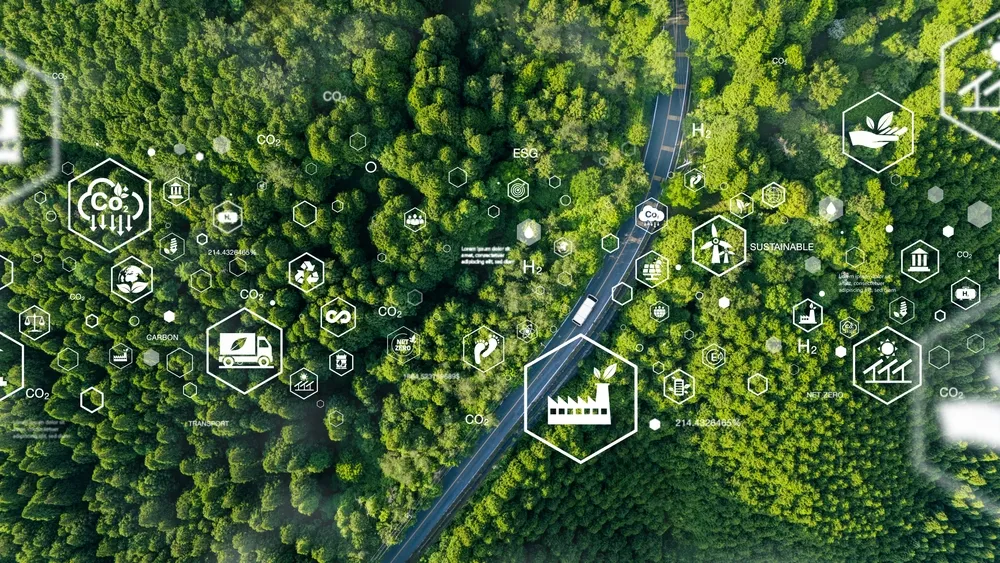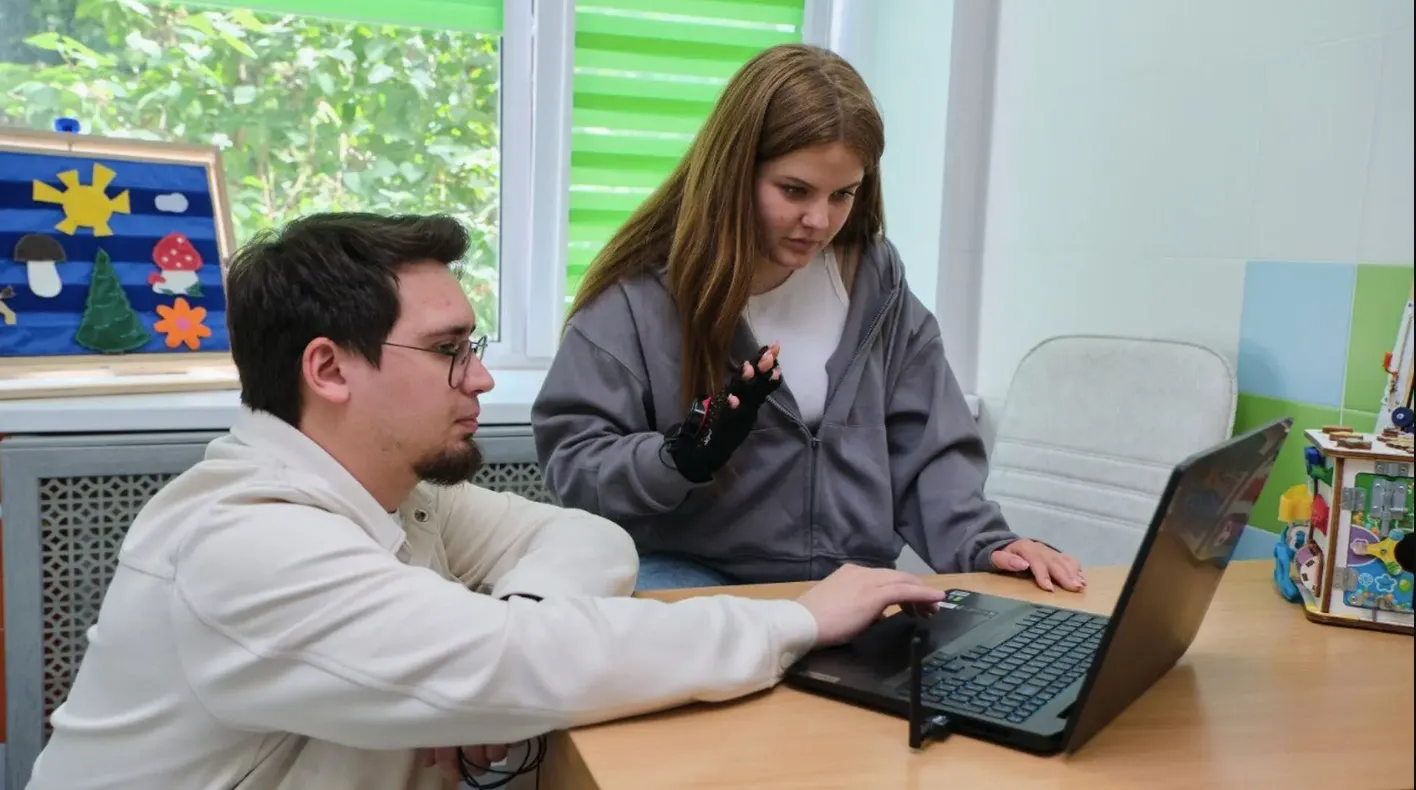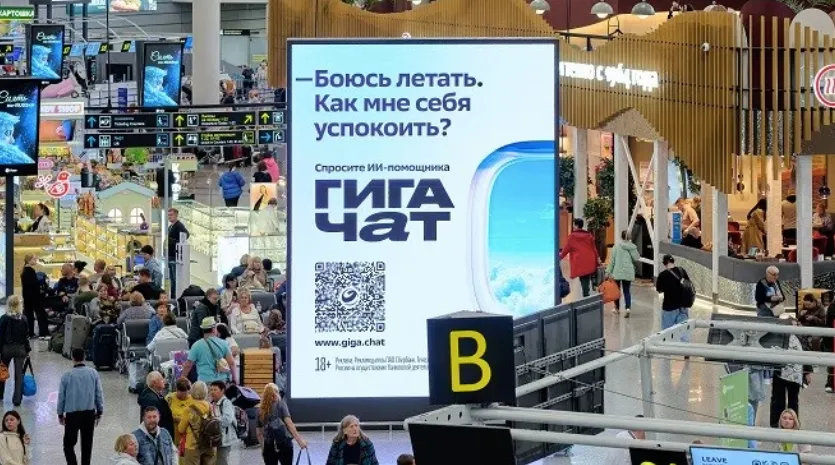AI Is Rewriting the Rules of Metallurgy in Russia
As Russia accelerates its national AI strategy, its metals industry is becoming not just a producer of steel, but a creator of advanced digital technologies that reshape heavy industry itself.
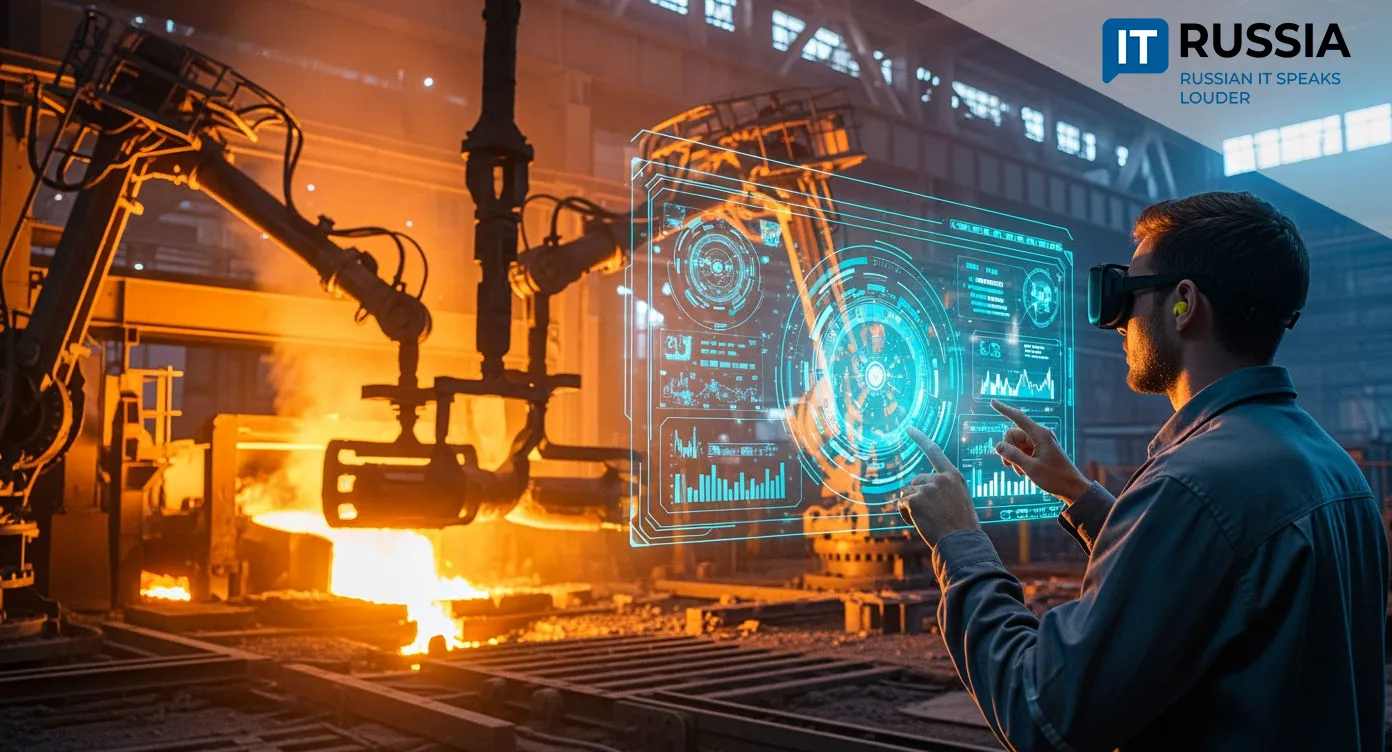
A Live Industrial Ecosystem Emerges
Amid the global shift toward Industry 4.0, the Pipe Metallurgical Company (TMK) has built one of the most comprehensive digital transformation models in Russia’s steel sector. Over the past five years, the company moved from scattered automation to an integrated digital ecosystem linking RPA bots, OCR tools, and core industrial systems—MES for production, maintenance systems, LIMS for laboratory data, and PIMS for process parameter collection. Built on in‑house software, these platforms form a unified data environment where every stage—from scrap intake to pipe shipment—is synchronized in real time.
This makes it possible not only to capture issues but to predict defects, optimize energy consumption, and adjust melting or rolling parameters on the fly. TMK’s POTOK initiative, which integrates PIMS with its ASIPP system, delivers complete product traceability from raw materials to final delivery. Proprietary neural‑network QR recognition—capable of reading damaged codes—has transformed logistics and customer service.
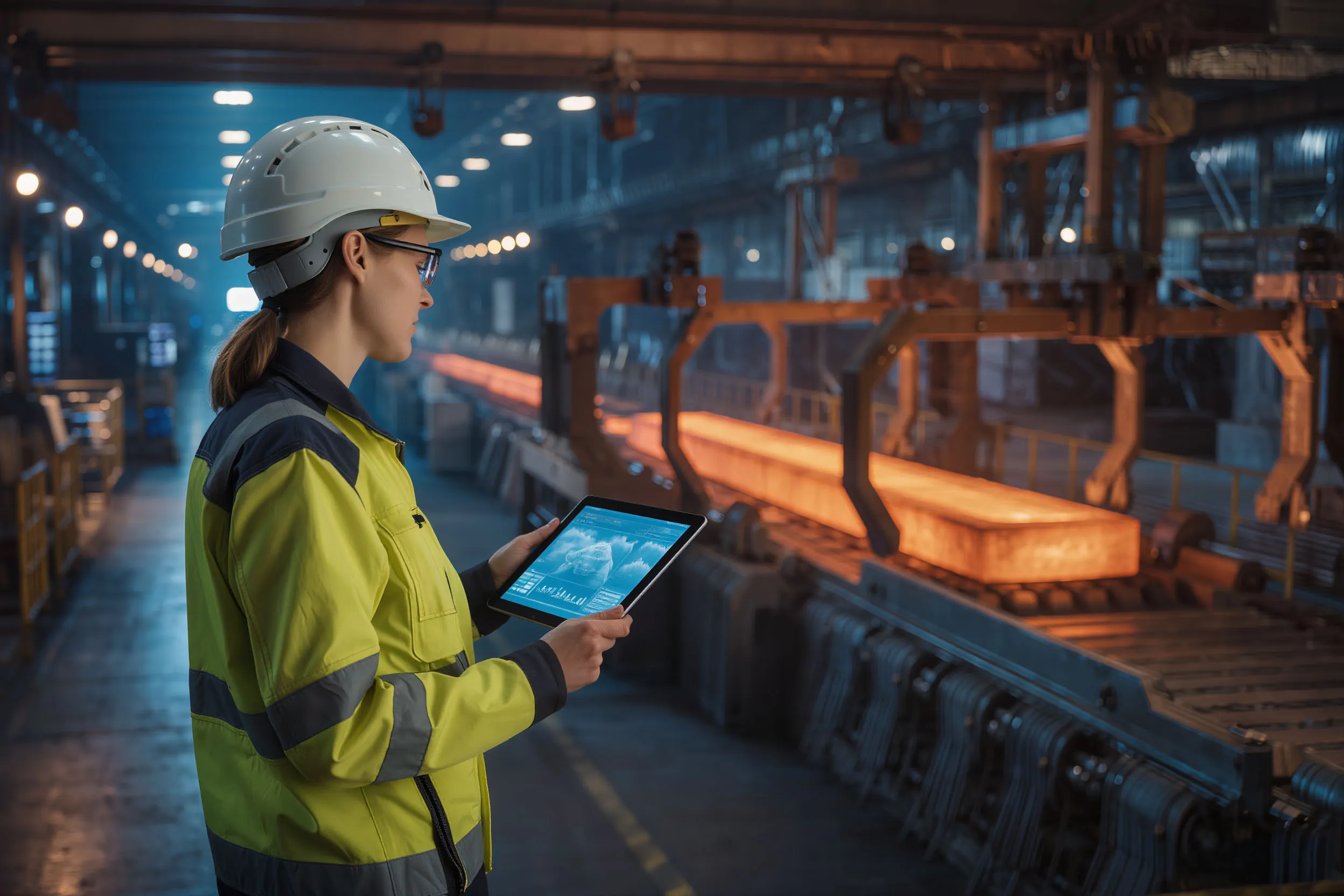
Machine vision now inspects scrap quality during unloading and detects micro‑defects on pipe surfaces, including analysis of X‑ray images. Robots perform welding, cutting, coupling placement, and even high‑risk furnace lining removal. TMK’s Automation Center develops robotic plasma‑marking systems and automated protector installation tools, using 3D printing and high‑precision manipulators.
A Digital Foundation for the Industry of the Future
These technologies reinforce Russia’s AI development strategy through 2030, strengthening technological sovereignty and reducing dependency on foreign software. TMK aims for full shop‑floor coverage and the creation of digital twins, positioning Russian metallurgy as a competitor in the global smart‑materials market.
The company is no longer just a steelmaker; it is becoming a supplier of digital platforms. Its MES, maintenance, LIMS, and PIMS solutions—built for harsh industrial realities—could be exported across the CIS, Middle East, and Asia, where demand for affordable, localized industrial software is surging.
For everyday consumers, these technologies mean safer, more reliable products—from oil and gas pipelines to nuclear‑grade tubing. Lower costs, improved quality control, and reduced human error translate into longer‑lasting infrastructure and, ultimately, more affordable metal products for construction, utilities, and energy.
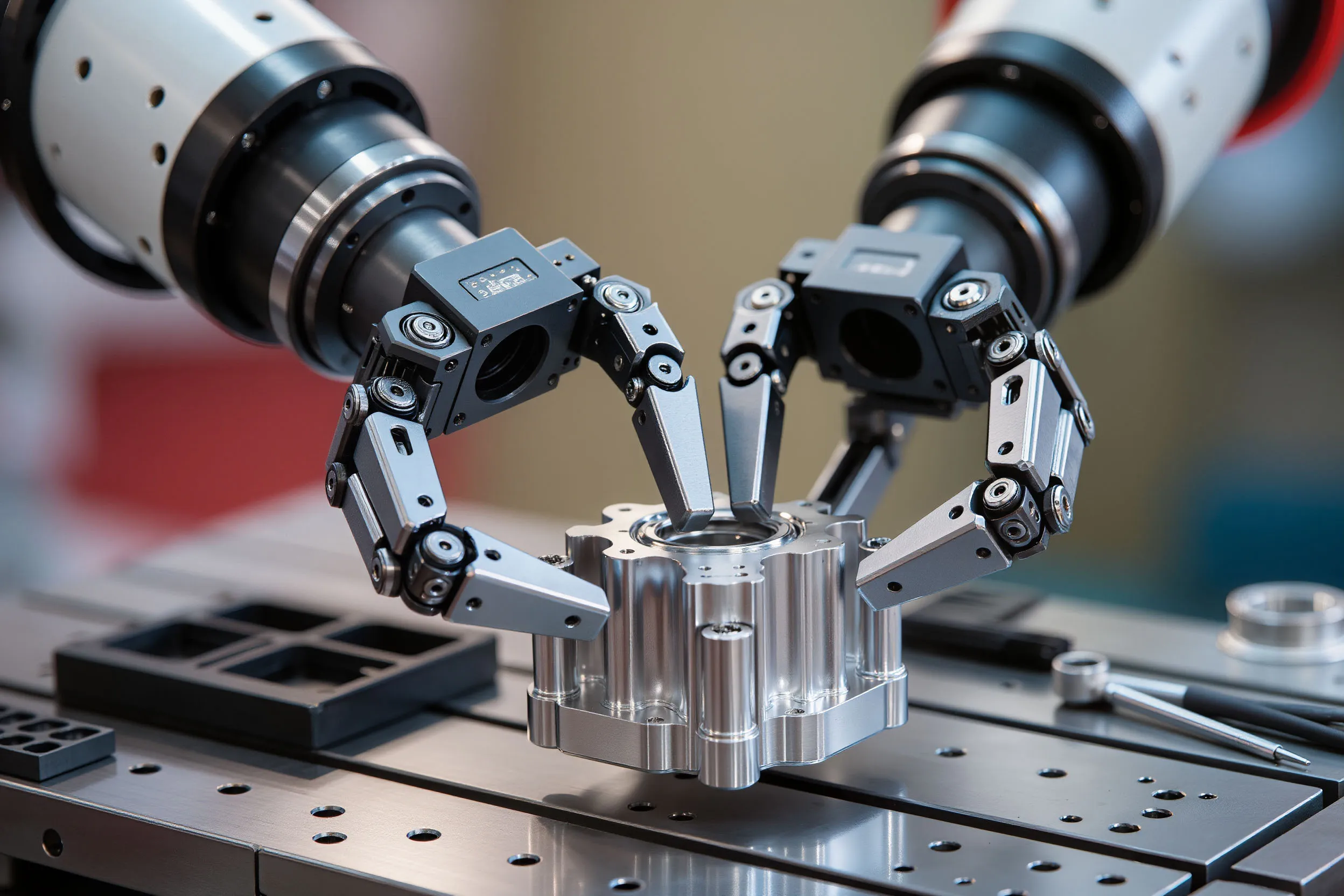
Systemic Integration of AI Across Russian Metallurgy
Steelmakers across Russia are entering a new phase of digital evolution.
Severstal reports more than 60 AI projects generating economic impact exceeding $11 million in 2024. AI‑driven optimization boosted pickling‑line throughput by 5%, reduced zinc consumption by 1.5% on galvanizing lines while raising productivity by 3.4%, and increased pelletizing output by 11%.
Magnitogorsk Iron & Steel Works (MMK) operates an in‑house AI Competence Center that deploys machine‑learning models, computer vision, and large language models. Over five years, AI delivered more than $50 million in economic benefit. A flagship tool forecasts temperature in the electric‑steel shop, recommending optimal gas‑dynamics parameters. Vision systems now automate sheet‑rolling quality inspection.
At Norilsk Nickel, 80% of digital solutions already incorporate AI. In flotation, extraction rates increased by 0.7–1%, with froth‑analysis models adding another 0.3–0.5%. The next milestone: a multimodal system combining visual and acoustic analysis. Norilsk Nickel also deploys AI for environmental protection—its 2023 emissions monitoring system, built with Norsoft, uses digital twins and is included in Russia’s national roadmap for industrial software. By accurately modeling emissions, the system helps significantly reduce regional pollution.
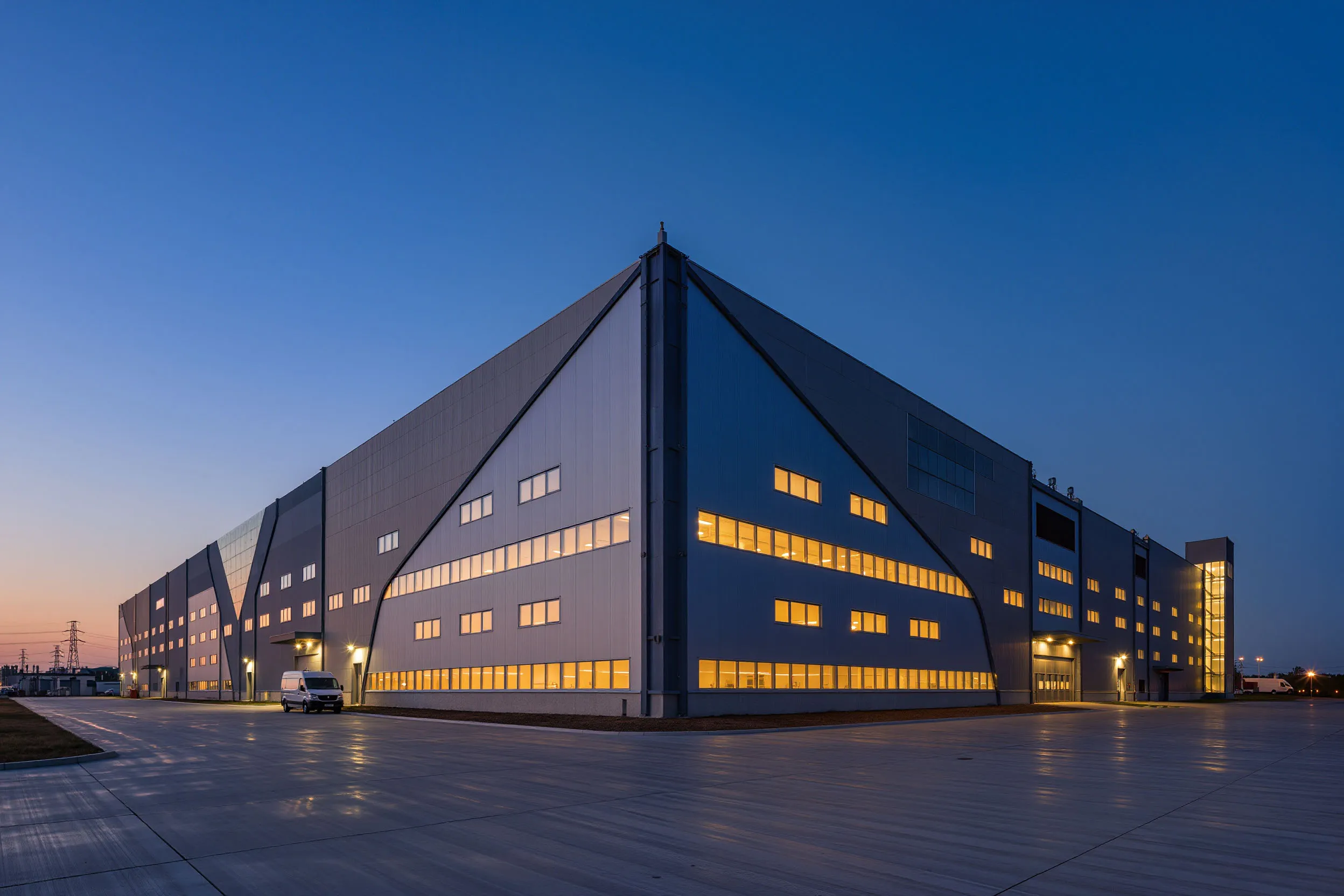
‘Smart Steel’
Russian metallurgy has shifted from automation to deep digital transformation. Today, 35% of industrial software used across the sector is domestic, and more than 160 digital projects are in operation, over 100 of which are mature products.
The next step is Industry 5.0: technologies augment human capability rather than replace it. AI‑driven decision support helps operators manage complex processes, combining machine precision with human creativity. This marks a paradigm shift—technology as a partner, not a rival.


